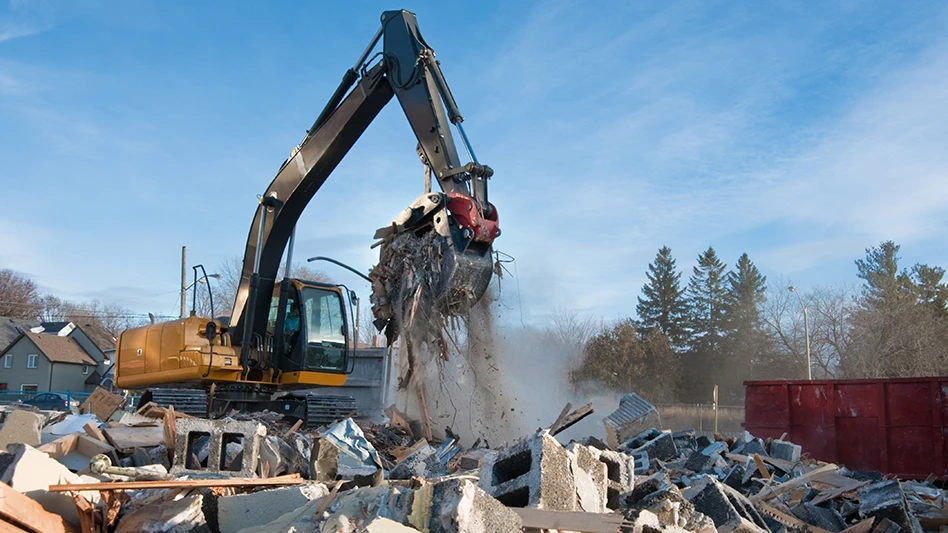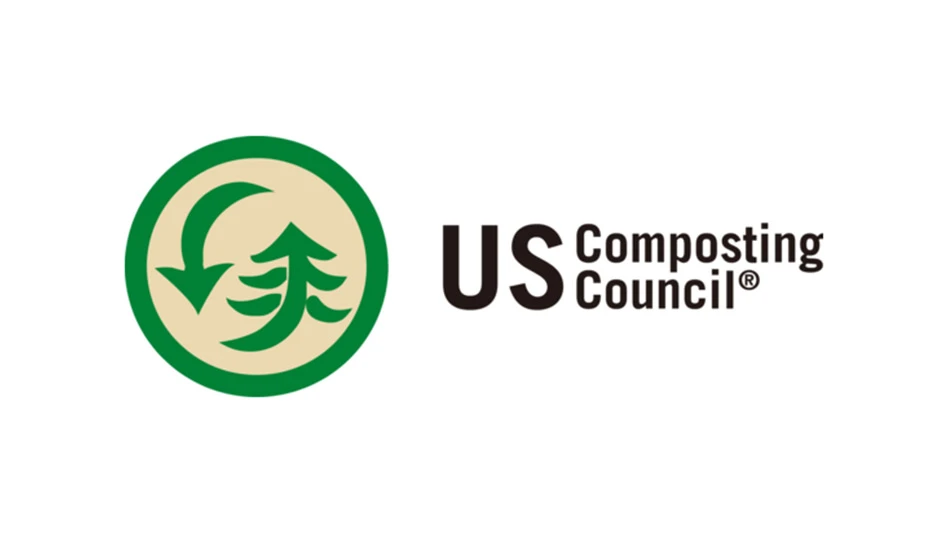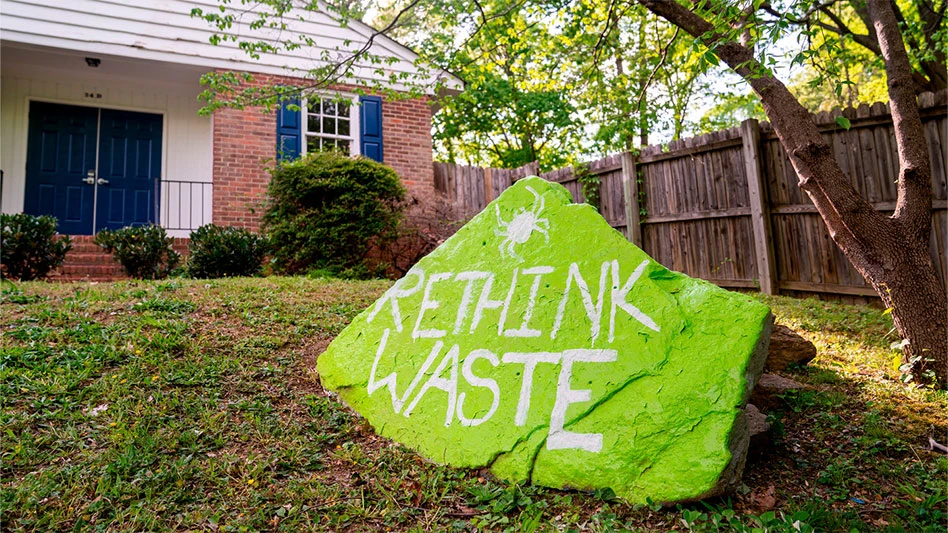
Kletr | stock.adobe.com
The American Biogas Council (ABC) has released new data showing, on a state-by-state basis, the energy production and waste recycling benefits that a full build-out of potential biogas systems could provide. The data, provided via an interactive map, includes the number of existing and potential biogas operations in each state, the current and potential biogas energy production capacity and the resulting climate and economic benefits.
The newly released data indicates that if potential capacity is fully realized, the U.S. biogas industry could generate 255 billion kilowatt-hours of renewable electricity annually. That’s enough electricity to power 23.7 million homes, or nearly all households in Texas and California combined. Similarly, a fully built-out biogas sector could provide enough fuel to supply 40.4 million vehicles a year—or all the passenger vehicles in California, Texas, Florida, New York and Pennsylvania combined.
All of this energy would be produced from 30 million tons of farm animal manure and 12 million tons of municipal wastewater biosolids, or sludge, produced in the U.S., along with 74 million tons of surplus food, including 24 million tons of inedible food waste sent to landfills each year.
“America’s biogas producers not only create reliable energy and natural fertilizer from material that would otherwise be wasted, [but they also] provide real economic benefits and help ensure clean water and air,” ABC Executive Director Patrick Serfass says. “But we need more systems built. For the billions of tons of waste the nation produces each year, the U.S. has too few biogas systems to manage it. This new data reveals the immense benefit that building more biogas systems would bring.”
Nationally, the U.S. biogas industry is growing at its fastest rate in history, according to ABC. The new data show that while the U.S. has nearly 2,500 biogas systems in operation, there is potential to deploy an additional 17,000 projects—almost 8 times the projects currently in operation.
Opportunity spans all sectors, with the ability to build biogas systems at 11,200 livestock farms, 3,750 wastewater plants and 730 landfills. In addition, 1,370 stand-alone food waste systems could be developed to beneficially use the 74 million tons of food thrown away in the U.S. each year.
Iowa leads the nation in the number of additional biogas systems that could be built—nearly 2,900. About 2.8 billion kilowatt hours of electricity could be generated from Iowa’s waste using biogas systems, enough to power more than 330,000 homes, or about 23 percent of all homes in the state.
In terms of total potential energy or fuel output from biogas, California leads the nation. The state, which already boasts the capacity to produce 92.1 billion cubic feet (Bcf) of biogas per year, could create an additional 410.5 Bcf each year—almost five times more. That quantity of biogas could be purified into 283 Bcf of pipeline-quality renewable natural gas per year, equivalent to almost 14 percent of the state’s current consumption of natural gas.
These biogas systems would have environmental and economic benefits as well. The biogas industry could reduce greenhouse gas emissions by an amount equivalent to the carbon captured by 11 million acres of forest, or half the forested area of the state of Washington. Similarly, the industry could unlock $450 billion in capital investment, create 900,000 short-term construction jobs and deliver 45,000 permanent jobs across the country, according to ABC.
Editor's note: This article was updated June 10 to include corrections from the American Biogas Council. The previously published version stated generation capacity rather than the supply of electricity and lower waste quantities.
Latest from Waste Today
- Michigan county issues notice to waste hauler over pickup delays
- OC Waste & Recycling wins 4 national awards
- AMCS appoints general manager for North America
- Philadelphia strike ends as city workers reach tentative deal
- Cards acquires National Waste of Tulsa, Oklahoma
- Sunshine Canyon Landfill deploys biocover technology trial
- Minus Waste Solutions secures growth equity investment
- Motion opens new branch in Quebec





